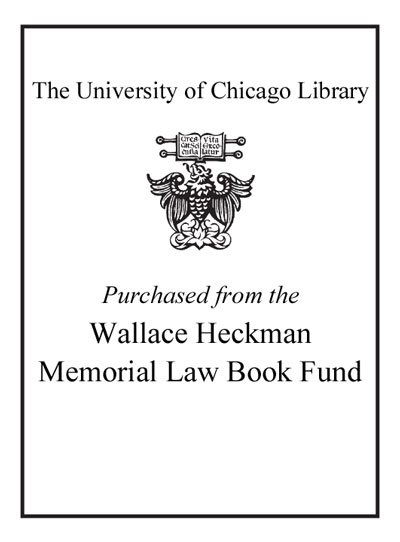Review by New York Times Review
MODERN LIBERAL DEMOCRACY, we hear, began 800 years ago in England on a marshy field near London. Pressed by his aggrieved subjects, a hated king accepted strict new limits on royal power. The pact, named Magna Carta (Great Charter), became entrenched in British law. A bulwark against oppressive rulers, it inspired 17th-century England's parliamentarians and 18th-century America's revolutionaries. It remains a founding text of Western constitutional government. The snag with that uplifting tale is that, historically speaking, almost all of it is either myth or half-truth, as Dan Jones's lively and excellent "Magna Carta: The Birth of Liberty" makes clear. A best-selling historian with a popular touch - he has written and hosted TV mini-series based on his books - Jones skirts political legend and sticks largely to what is known. He's frank about unfilled documentary gaps and unsettled disputes of interpretation. Celebrants have made of Magna Carta a modern dawn, while deflationists have shrunk it to a passing incident. Jones avoids both extremes, aware that the story of this document has its own merits. In June 1215, rebellious British barons met King John's negotiators on neutral ground at Runnymede, attempting to end a civil war. Chief among the barons' complaints were the extra taxes levied to fund foreign wars, the expansion of royal "forests" (crown preserves, including desirable farmland), the abuse of customary fees paid on marriage and inheritance, and the flagrant sale of royal justice. In return for an end to the rebellion, John agreed not to impose new taxes without "common counsel of our realm," not to arrest "free men" or take their property without due cause and not to deny them equal access to royal justice. A "security" clause allowed 25 barons to "distrain and distress" the king should he flout the agreement. Among the main drafters of the document was Stephen Langton, a French-trained archbishop and theologian. In addition to achieving peace, Langton's chief aim was to protect the Roman Catholic Church's right to appoint the clergy and try priests in its own courts. Magna Carta granted nobody religious liberty. Its first and last articles entrenched jealously guarded church powers. Despite its later fame, Magna Carta was neither new, unique nor successful. Previous kings had made similar promises. Pacts between rulers and subjects had existed in Europe before. The supposedly novel principle spied in Magna Carta - that rulers must govern by law - was actually a medieval commonplace. The charter's immediate afterlife, Jones writes, was one of failure and royal disregard. It was reissued several times, though minus the security clause, robbing it of force. The pope excommunicated the rebel barons. The civil war continued. Jones notes the larger European context: the English crown's recent loss of its French possessions, Muslim pressure from the East and papal reforms of church government. Crowned heads with better tempers than King John's also had expensive wars to fight, modernizing popes to contend with and new central administrations of their own to build as a localized feudal order broke down. Baronial resistance was only to be expected. Jones's three appendices give an English translation of Magna Carta's Latin text, a brief chronology of its history and fascinating short entries on the 25 barons a contemporary chronicler listed as the charter's enforcers. Even in that small sample, motives and grievances varied widely. Magna Carta, Jones stresses, was not democratic. Most people in Britain were not "free men," let alone barons. They were serfs, tied to the land and under noble control. Although they too paid irksome taxes, this was not touched upon in the 1215 pact. If Magna Carta has a lasting lesson, it may lie there. Liberty and democracy are distinct. Liberty is about protections from power, democracy about who enjoys those protections: all or few. Whether Magna Carta was liberty's birth or a stillbirth, it never afforded more than liberty for the few. EDMUND FAWCETT'S "Liberalism: The Life of an Idea" has recently been published in paperback.
Copyright (c) The New York Times Company [January 5, 2016]
Review by New York Times Review

